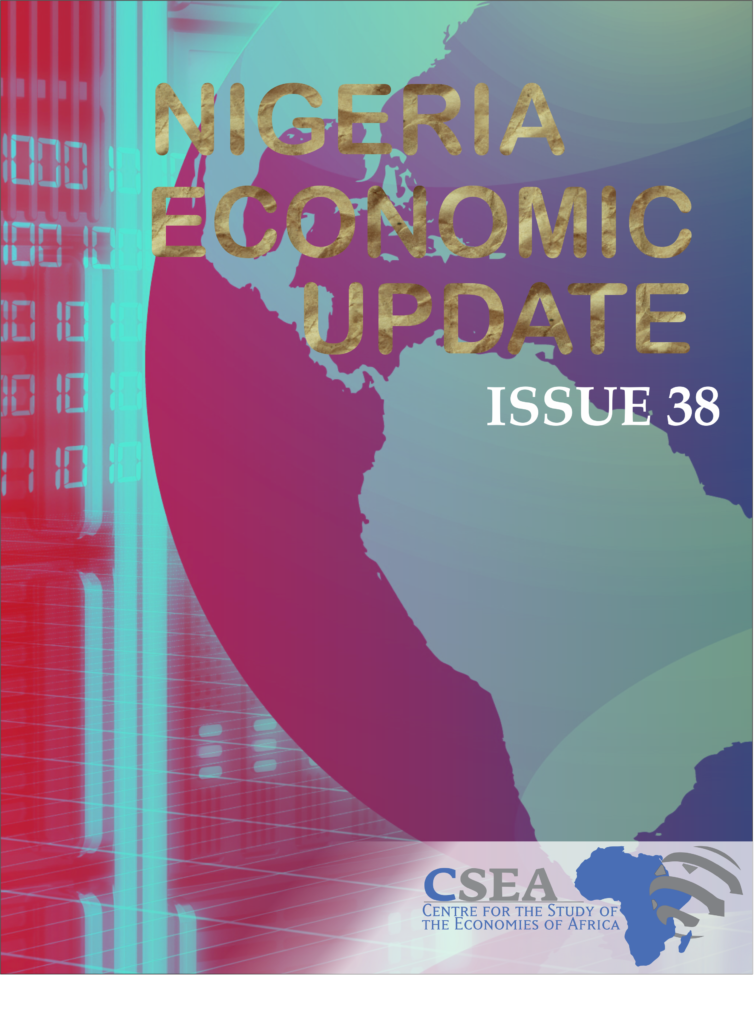The 2017 budget implementation report shows a paltry average performance in 2017, compared to the projections contained in the budget. The actual oil and non-oil revenue generated were N1.1 trillion and N957 billion respectively, considerably below the projected figures of N2.1 trillion1 and N1.4 trillion. Other revenue sources brought the total revenue generated to N2.7 trillion. However, on the expenditure side, the combination of personnel expenditure and debt repayments amounted to N3.5 trillion, which exceeded total revenue by N885 billion. This implies that Nigeria borrowed to pay salaries and service debts in 2017. As long as the culture of making unrealistic budget projections continues, we expect to record low budget implementation going forward. To address the wide gap between actual and expected budget performance, better forecast of future revenue alongside making less ambitious spending plans is critical.
Macroeconomic Report & Economic Updates

October 4, 2018
Nigeria Economic Update (Issue 38)
The 2017 budget implementation report shows a paltry average performance in 2017, compared to the projections contained in the budget. The actual oil and non-oil revenue generated were N1.1 trillion and N957 billion respectively, considerably below the projected figures of N2.1 trillion1 and N1.4 trillion. Other revenue sources brought the total revenue generated to N2.7 […]
Read →
Related
Nigeria Economic Update (Issue 8)
The falling tide in the international value
of Naira experienced a reversal in the review week with naira appreciating
significantly by 11 percent from N516/$ on February 17, 2017 to N460/$ on
February 24, 2017 at the parallel market the first appreciation
since December 2016. The recent rise in naira value was driven by forex
supply-demand gap closure, sequel to improvements in dollar liquidity. The
recent CBN Special intervention (e.g. the auction and sale of $370 million and
$1.5 million respectively, by the apex bank during the week) and its
revised forex policy guidelinescontributed in dousing speculations
in the parallel market, thus gradually narrowing the margin between the
interbank and parallel market rates. Given that the sustainability of naira
appreciation is strongly hinged on the improvement in foreign reserve which is
largely dependent on crude oil sales, the government should continue its
efforts at calming tensions in the Niger Delta region.
The Budget, Fiscal Policy And Service Delivery
The
paper discusses the Macroeconomic impact of budget and its process and how to
achieve an efficient and timely budget cycle.
